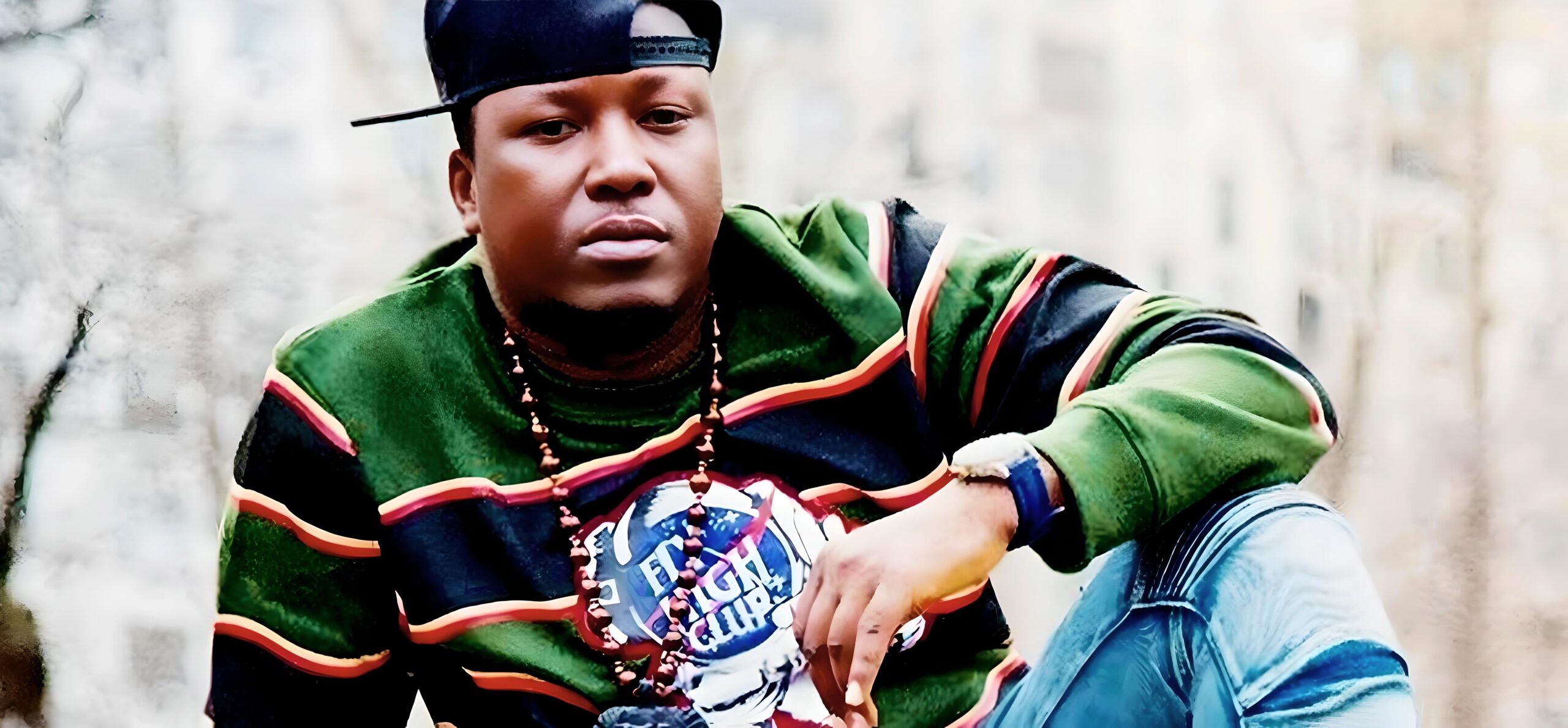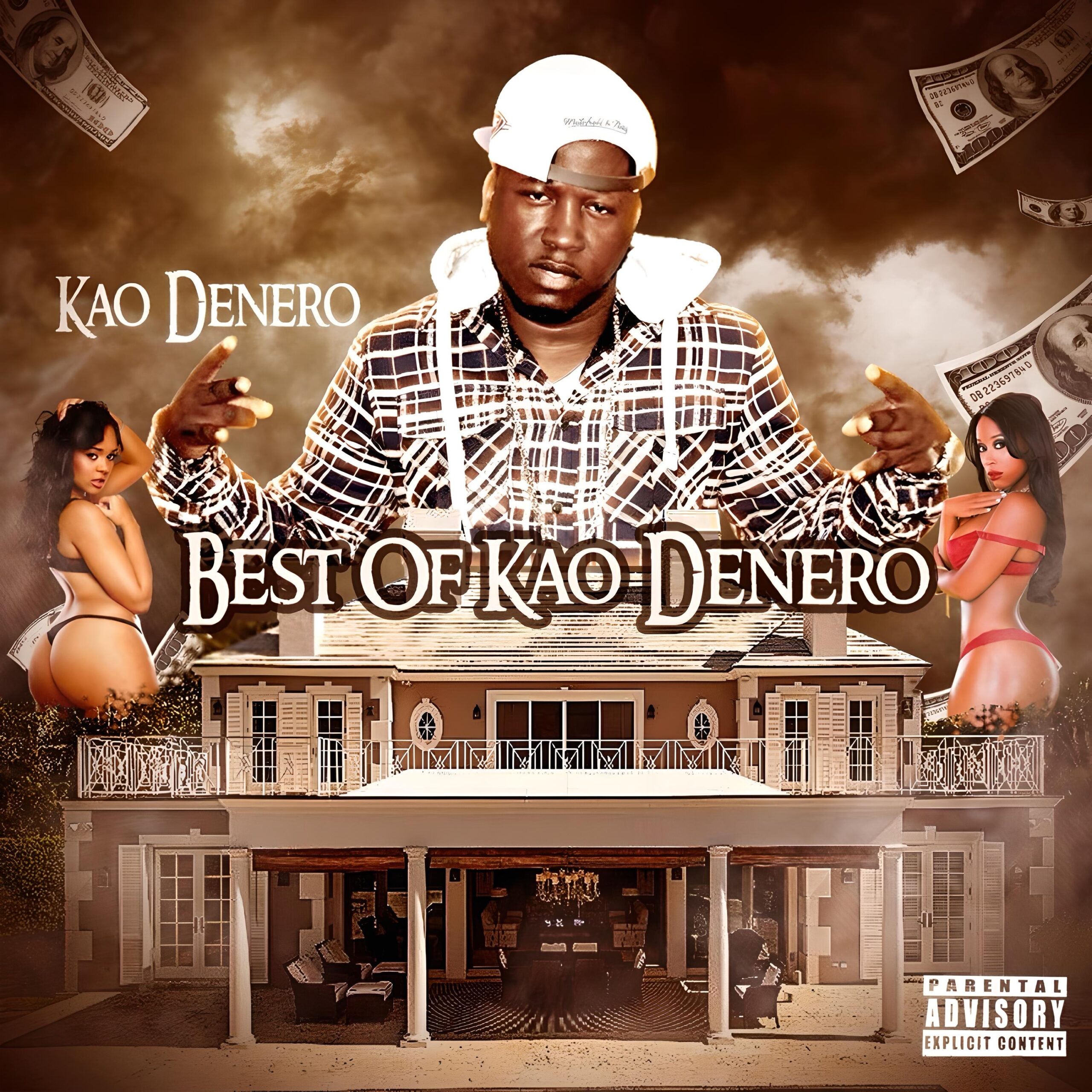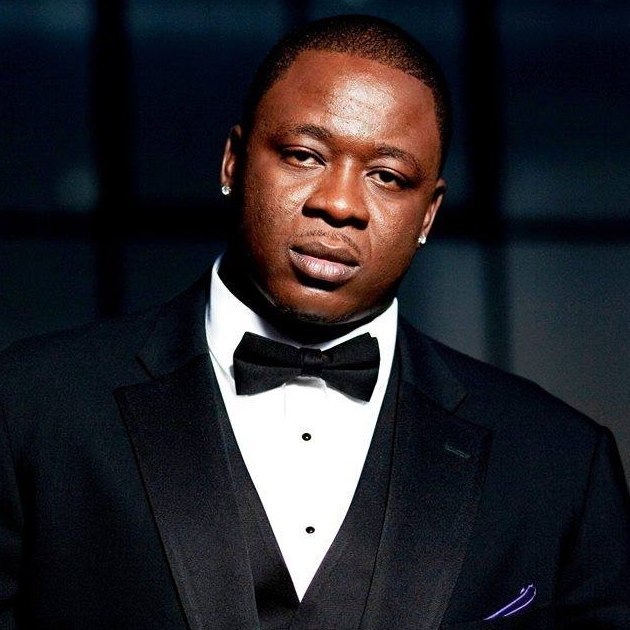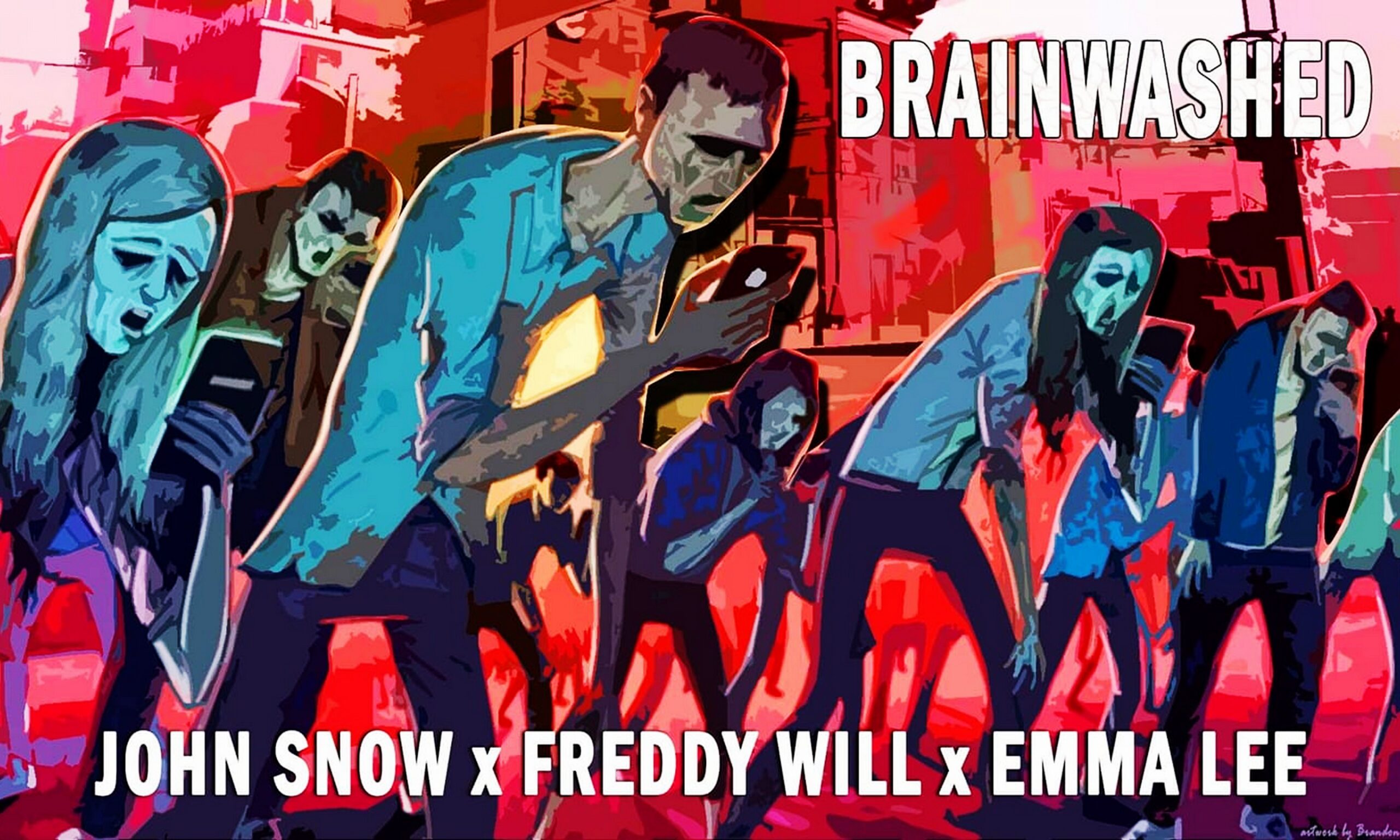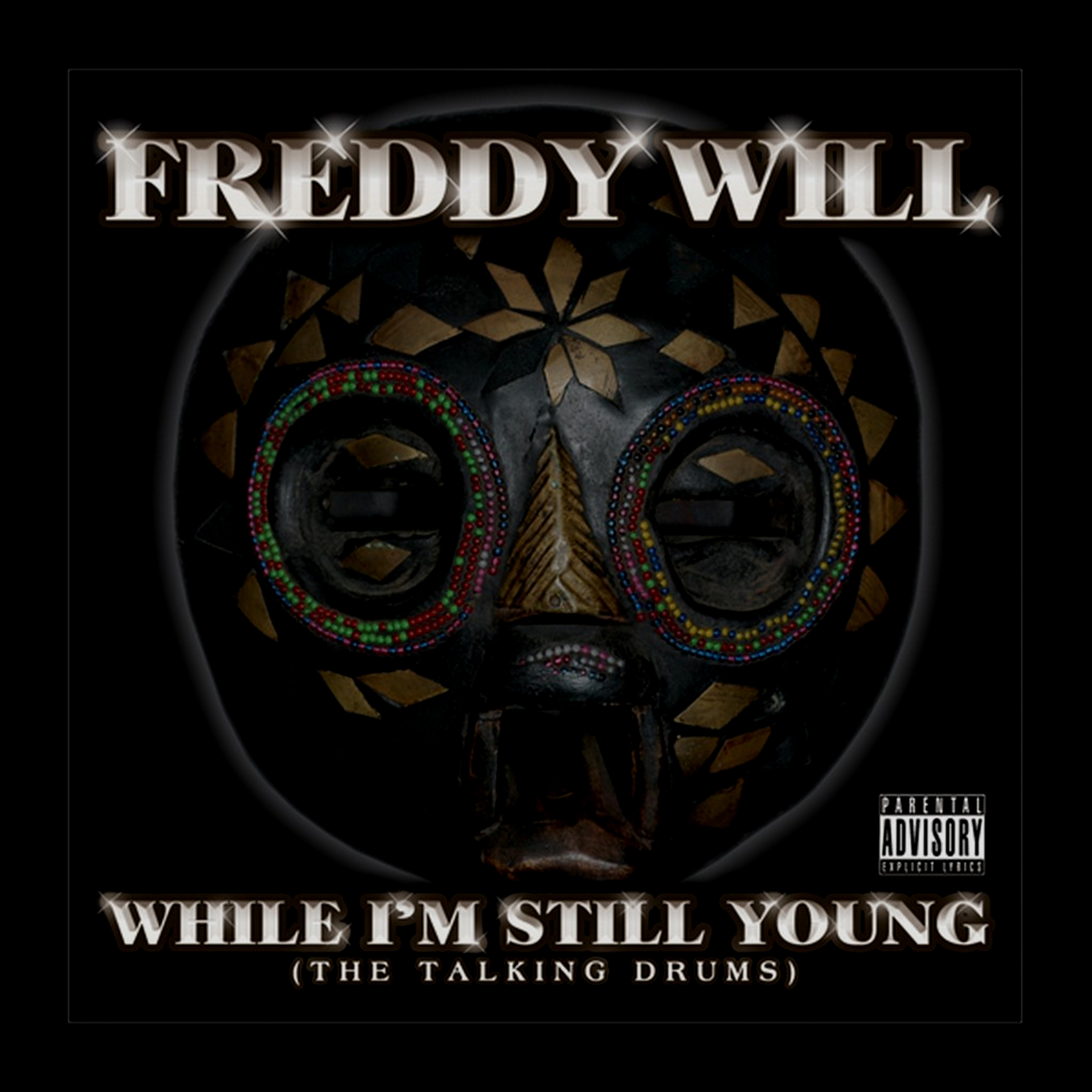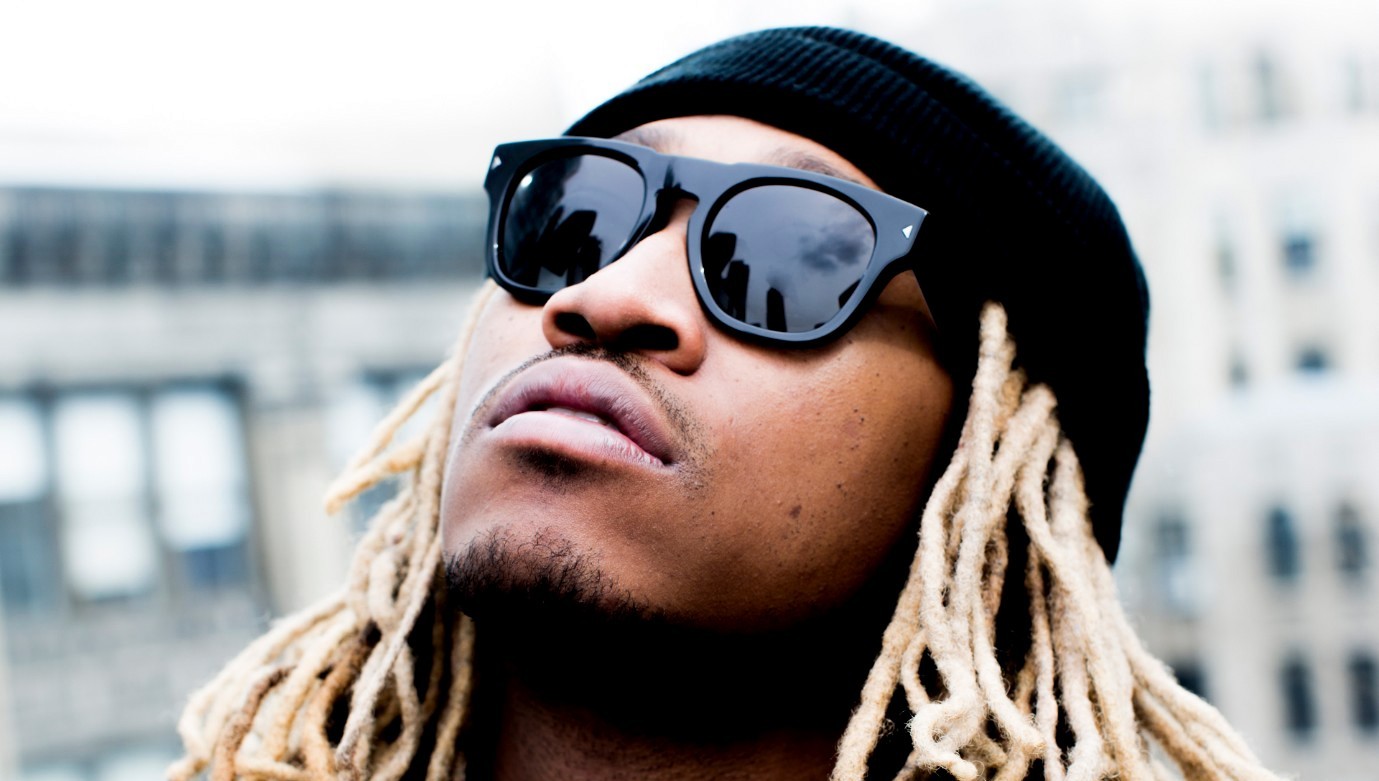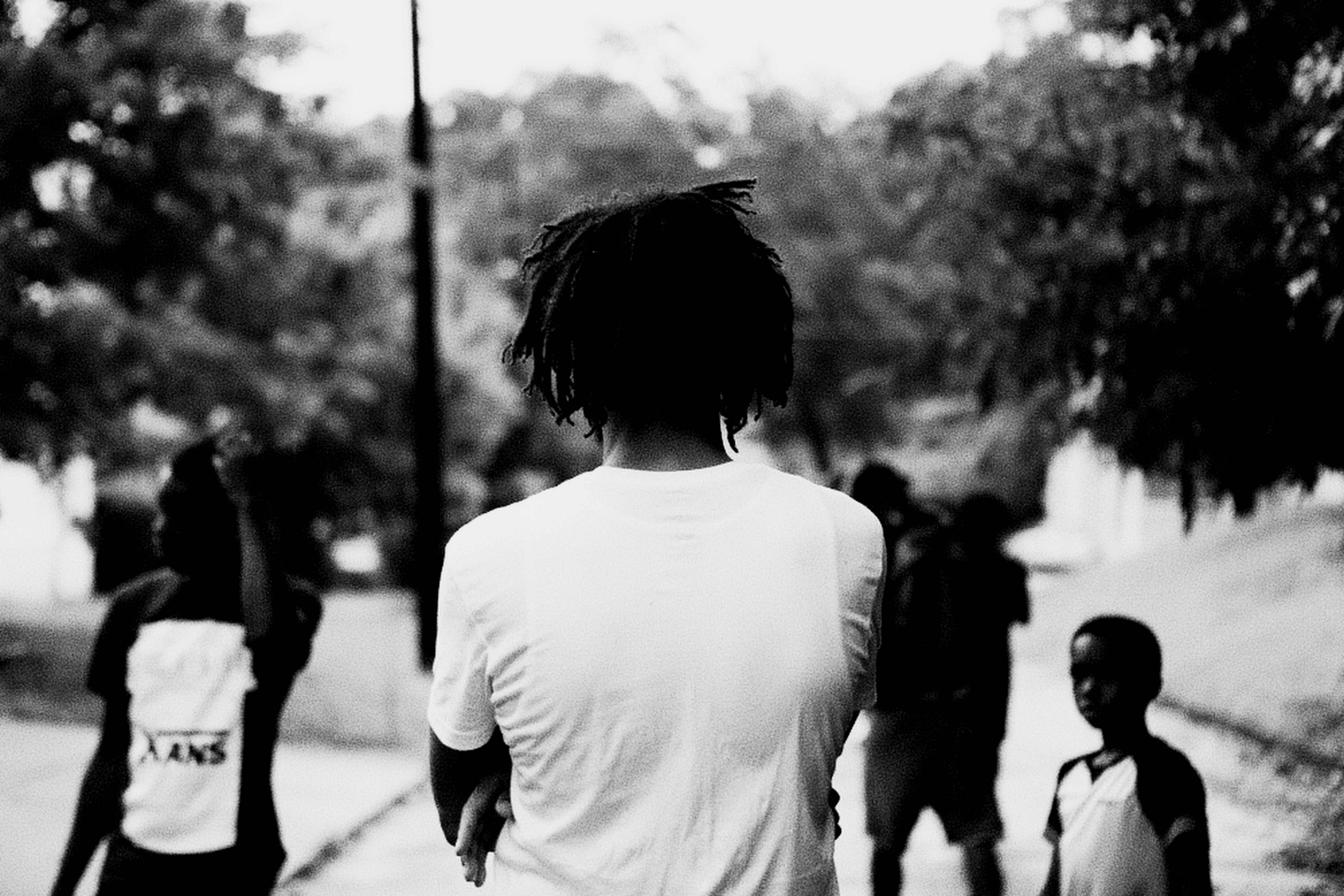Kao Denero, the self-proclaimed “King of Freetown,” transcends mere musical icon status for countless Sierra Leonean hip-hop aficionados. He’s viewed by many as the pivotal figure who liberated Sierra Leonean hip-hop from a period of creative inertia, a messianic figure who garnered mass acceptance while propelling the genre forward. Thousands, or perhaps millions, hail him as the undisputed greatest rapper Sierra Leone has ever produced. While Afrobeat currently dominates the Sierra Leonean hip-hop landscape, Denero’s influence extends far beyond this contemporary subgenre and era. But is his reign as the unchallenged, perpetual king of Sierra Leonean hip-hop truly absolute and immutable?
Frequently posed by those outside his ardent fanbase, this query is considered an act of betrayal within the ranks of his devoted followers, the Black Leos. With this blog, I will attempt to analyze this contentious issue, objectively eschewing fanatical allegiance. Unquestionably, the “King of Freetown” commands immense respect and unwavering devotion from his admirers. The steadfast support for Kao Denero renders moot any speculation regarding public antipathy or envious resentment toward his preeminence. The overwhelming consensus among Sierra Leoneans places him amongst the country’s most exceptional musicians (of all time), a coveted legacy etched in the annals of her musical history.
A profound sense of national pride in his accomplishments remains, even acknowledging constructive critiques. This became apparent during my research for this article chronicling the transformative trajectory of Sierra Leonean hip-hop. I bestow upon Kao the title of Sierra Leone’s most impactful rapper. He is a pioneer, uniquely connecting with the resolute and unwavering people. His unparalleled achievement—repeatedly filling the National Stadium for over a decade—is a testament to his enduring influence. To every Black Leo fan, every staunch supporter: your pride is justified. Kao Denero earns our profound respect, and I proclaim the Black Leo King the preeminent Sierra Leonean rapper of the 2010s.

His remarkable accomplishments extend into the 2000s as well. Kao Denero’s emergence coincided with a period of profound national trauma. It was during the aftermath of the brutal civil war that left the youth weakened and disillusioned. Yet, from the ashes of conflict, Denero’s music ignited hope and provided a powerful voice for that generation. From 1990 to 2000, Sierra Leone’s most fortunate hip-hop artists sought international success and abandoned the country for a decade. Kao, however, audaciously chose a different path. He retained his American presence while bravely returning home, a testament to his unwavering commitment to Sierra Leonean hip-hop.
Our initial conversation was a heartfelt tribute to his extraordinary musical contributions. In my youth, hip-hop was relegated to the shadows—confined to secluded spaces, hidden from mainstream acceptance. Kao, however, shattered those limitations, elevating hip-hop to a respected art form and earning recognition from both the corporate sector and government authorities. Furthermore, fueled by the fervent support of Black Leo enthusiasts, he has become the iconic face of Sierra Leonean hip-hop, transforming our cultural landscape. Kao Denero’s album releases at the National Stadium ignite a fervent cultural energy in Sierra Leone. That was unimaginable before his iconic tenure.
His concerts attract a diverse throng of businesses, from food vendors to transportation and security firms, creating a vibrant atmosphere. Each album boasts over fifteen compelling tracks, flawlessly executed live. The sheer scale of his effort is breathtaking. I confessed to Kao that despite my unwavering devotion to Hip Hop, I consistently lack the stamina and commitment he demonstrates. His monumental achievement commands my honest respect. Nevertheless, I remain steadfast in supporting any Sierra Leonean artist dedicated to promoting their craft. I offered Kao my unreserved admiration and pledged my solidarity. He’s toiled relentlessly, enriching the lives of countless young Sierra Leoneans.
This incredibly gifted lyricist has also cultivated a unique rap style, delivering phenomenal hits. His deep understanding of the Sierra Leonean psyche ensures his music resonates powerfully with the populace. I particularly value his integration of Sierra Leonean colloquialism into his artistry. He masterfully incorporates African heritage, a striking contrast to his fluent American English. Yet, his lyrics blend national languages seamlessly, demonstrating an undeniable Sierra Leonean soul—the essence of the “King of Freetown.” While some veteran musicians and rappers might boast a longer list of awards, Kao Denero’s impact is undeniable. His personality is extraordinary, and his influence is unparalleled.

While many Sierra Leonean musicians command considerable fan adoration and consistently draw large crowds, Kao Denero’s star shines exceptionally bright. His ability to fill the National Stadium with fans eager to celebrate his latest releases is unparalleled. He effortlessly captivates Sierra Leonean audiences globally, drawing packed houses wherever he performs, a feat that surpasses even internationally acclaimed artists like myself (Grammy-nominated Freddy Will), two-time Grammy winner Neneh Cherry, and the legendary Jimmy B. This isn’t to diminish the contributions of other prominent musicians such as Boss LA, Princess P, Yok 7, Emerson, and K-Man, all of whom are undeniably talented.
Kao Denero possesses an irrefutable charisma, an “it” factor that sets him apart. However, my inaugural blog post rightly lauded Shadow Boxxer as a more pioneering figure. This assertion, integral to my seven-volume “The Sandmann’s Journal” (published since 2016), reflects a deeper understanding of his legacy, aspects of which remain unknown to many. Shadow Boxxer, a contemporary from my hip-hop beginnings in Sierra Leone, achieved groundbreaking success in 1992, relentlessly performing across the capital and becoming the first rapper to grace the National Stadium stage. Yet, Kao Denero’s remarkable achievements remain unimpeachable despite accolades bestowed upon other artists.
Indeed, he should rightfully consider himself among the best; the inherent ambition of any successful rapper is to claim the title of top emcee. Furthermore, the fervent enthusiasm of fans often eclipses objective discussions, prompting heated pronouncements regarding their favored artists—for example, the opinions of an RFM fan. Undeniably, Denero propelled Sierra Leonean hip-hop to unprecedented heights. Nevertheless, my earlier “Shadow” blog detailed the initial struggles of hip-hop in the early 1990s, a genre we championed and introduced to Sierra Leone, a challenging undertaking that even resulted in the tragic loss of Say Say Moody, a testament to the undying passion and sacrifice involved.
In the cultural landscape of Bo, 1990 witnessed the groundbreaking emergence of Say Say Moody, a pioneering figure in the nation’s nascent hip-hop scene. Sierra Leonean hip-hop’s evolution spans decades, beginning in the late 1980s. Shadow Boxxer dominated the early 1990s, experiencing a remarkable resurgence in 2019. Jimmy B reigned supreme in the mid-1990s, his music saturating the airwaves. Neneh Cherry, an accomplished artist who incorporated rapping into her work, enjoyed widespread popularity throughout the 1990s alongside the immensely popular group Snap. Qing Que (formerly Da Qing) also achieved significant recognition, and my period of prominence fell between 2008 and 2013.
While acknowledging the momentous contributions of numerous Sierra Leonean artists, this analysis centers on Kao Denero’s unparalleled reign in the Salone music scene. His sustained popularity, evident since at least 2010, is exceptional. This sustained prominence makes him an invaluable asset to the Hiphoppas community. My impartial stance, devoid of any personal attacks or biased comparisons (except in the context of popularity assessments), underpins this evaluation. This in-depth examination probes Kao’s remarkable success, honestly intertwining his talent, stage presence, and enduring appeal. My platform remains open and inclusive to all artists, regardless of existing conflicts.
As a Sierra Leonean, I strive for a neutral presentation of all perspectives. Though undeniably a gifted rapper, Kao Denero has strategically integrated Afrobeat and contemporary Sierra Leonean colloquialism into his sonic identity. This contrasts with the purist styles of legendary artists like Slick Rick, Kendrick Lamar, J Cole, Tupac, Biggie, Mos Def, Snoop Dogg, Ice Cube, André 3000, Treach, Dr. Dre—artists whose mastery of Jazz, Funk, Soul, and R&B infused the original Hip Hop sound. The crucial distinction lies in the inherent differences between pure Hip Hop and its numerous hybrid forms and subgenres. This distinction becomes paramount when considering the legacy of artists such as Shadow Boxxer.
While Kao’s dominance is undeniable within the Salone context, crowning him the undisputed “King of Salone Hip Hop” requires nuance. To do so would disregard the substantial contributions of other artists who have shaped Sierra Leonean Hip Hop’s evolution, particularly those rapping in English or French, preserving traditional Hip Hop rhythms and styles. A critical juncture appears to have been reached in the early-to-mid 2000s when Sierra Leonean Hip Hop artists diverged from the strictly American/British English-centric approach and rhythmic structures of their global counterparts, forging a distinctive national identity. This evolution represents a fascinating shift in the artistic landscape we see now.
The pivotal moment was the seismic shift, a linguistic diversion from English to Krio and Boom bap to Afrobeat. Subsequent generations will largely unnotice it. Yet, it severed a crucial link to pioneering figures like Say Say Moody, Shadow Boxxer, Qing Que, and myself. These earlier rappers, many pursuing international careers, found themselves effectively excluded from a domestically focused hip-hop scene. The artists who remained in Sierra Leone, forging national movements, inadvertently—or perhaps deliberately—an insurmountable barrier to the return of their expatriate counterparts. This isolation constitutes a profound new era in the constant evolution of Sierra Leonean hip hop.
Abdulai Kabba wrote: “I was a Rapper too back in the days; I used to do head-to-head rap battles (commonly known by then as OG contests) with Kao Denero and Yok 7. I brought Sulaiman Bulls and Ayouiba Sidibay into the game. My stage name was Kobozino; I had never heard of Shadow Boxxer until two years ago. The foundation was laid by Jimmy B, Kao Denero, Yok 7, and later Bager. …these are legends in Salone Hip Hop. Don’t get me wrong; Shadow is lyrically good. I can’t deny that, but he has to bring so many hit songs and classic albums to crown him the best; you have to work to maintain a legendary status. How come all these guys never knew Shadow? Give respect where respect is due.”
Abdulai’s reminiscences painted a picture of a distant future. It’s a future that extended long after Shadow Boxer departed from Sierra Leone. I left after Shadow, which was long before that time. We, the original pioneers, had faded. This erasure ignited a quest to unearth the root of the disconnect. My investigation into the data revealed a compelling truth: Kao Denero’s influence was transformative. He instilled hope and exhilaration, gifting Sierra Leone’s youth a uniquely Indigenous hip-hop identity and liberating them from the shadow of foreign emulation. This invaluable legacy is powerfully evident in his enduring musical output; his crowd-appealing hits are milestones in Sierra Leone.
However, Abdulai’s generations of artists are now aware of their predecessors who carved the paths, seizing titles without cementing their foundational work. Moreover, that generation disregarded the international acclaim achieved by Salone rappers. My Grammy nomination and Neneh Cherry’s multiple Grammy and MTV awards were ignored. The prevailing philosophy dictated that only those who toiled within Salone’s borders possessed legitimacy. This myopic perspective has fractured the community. Would it be audacious to place Kao among Salone’s five greatest emcees? Does this ranking even encompass his potential to ascend to the ultimate pinnacle? I invite you to ponder this question.
